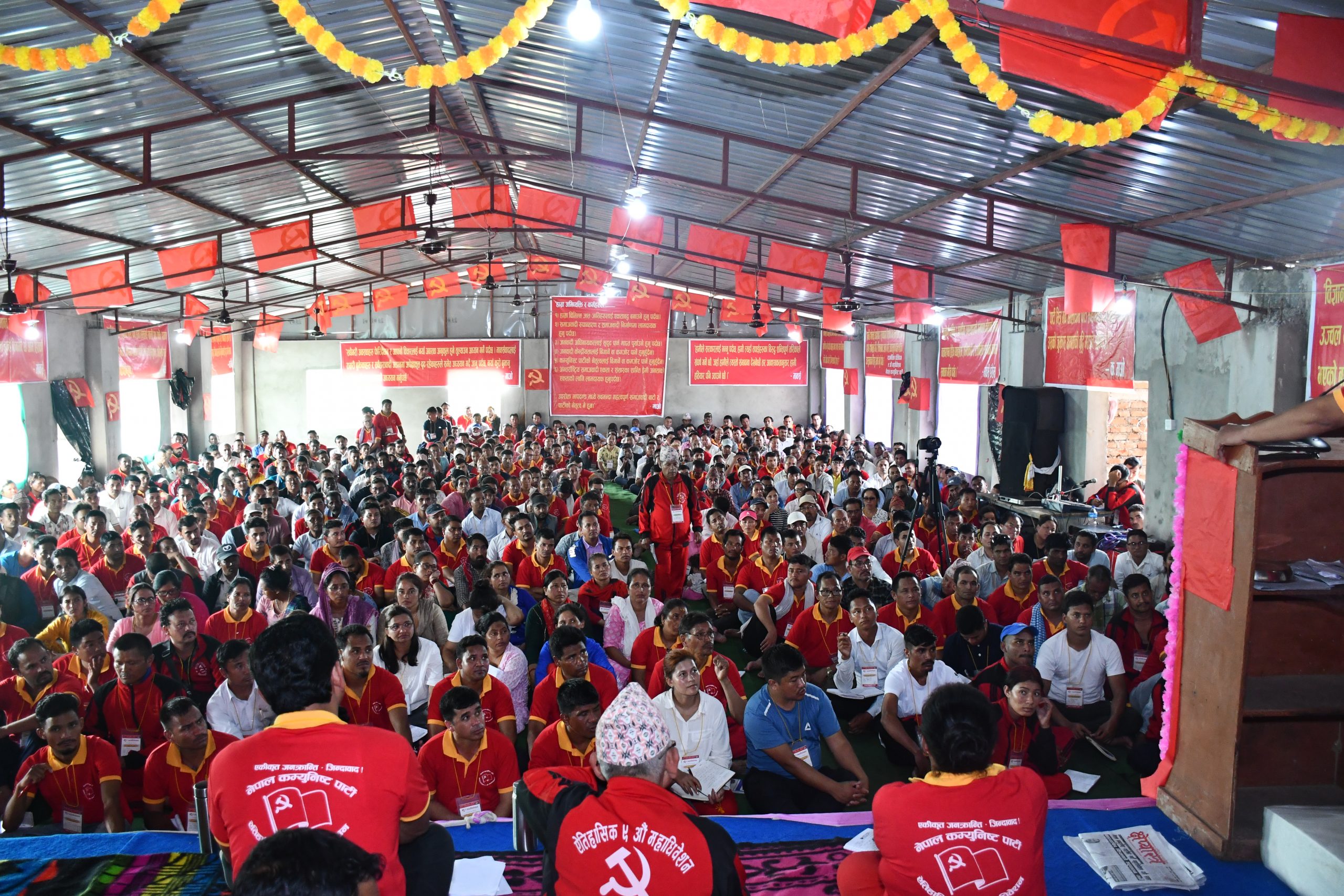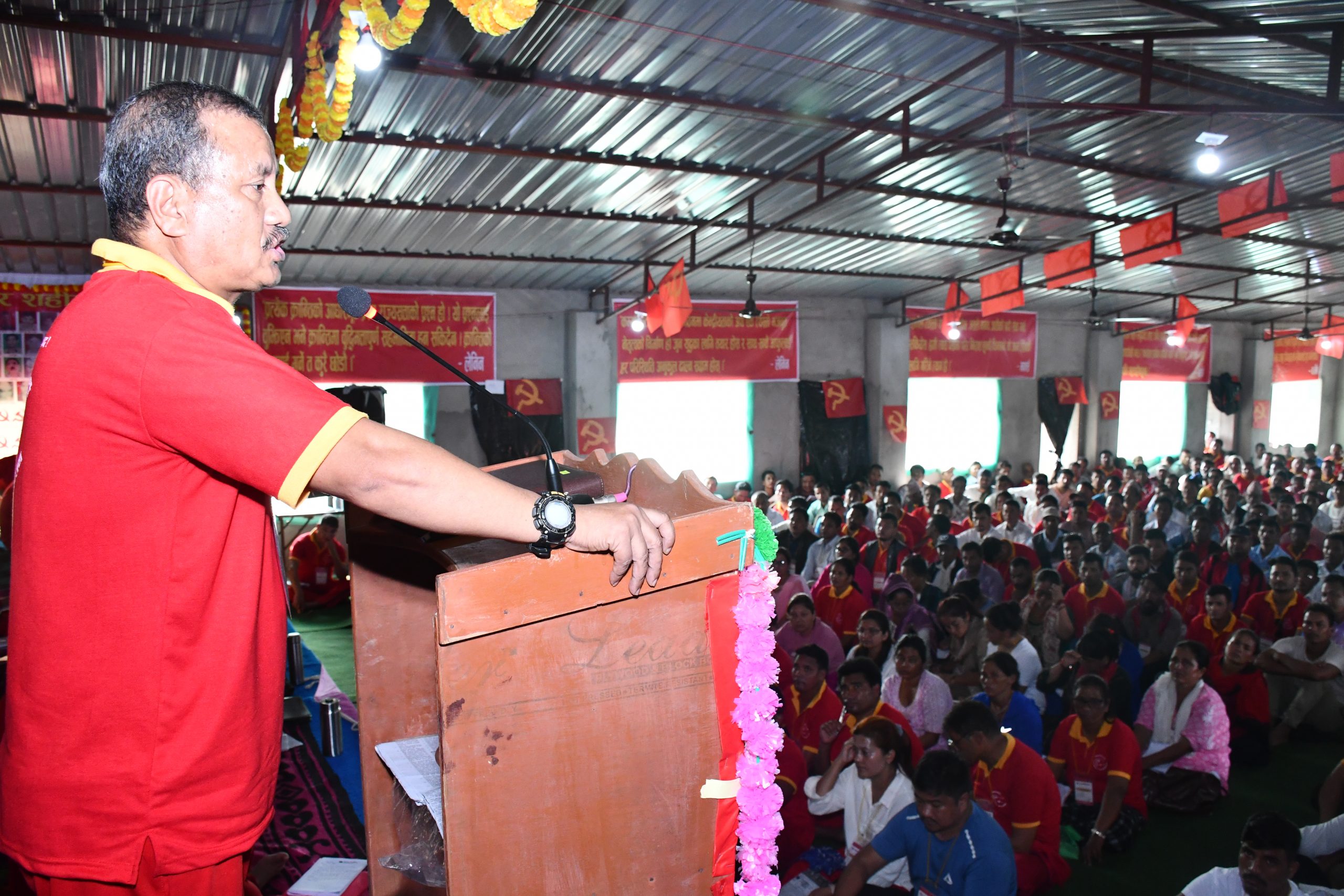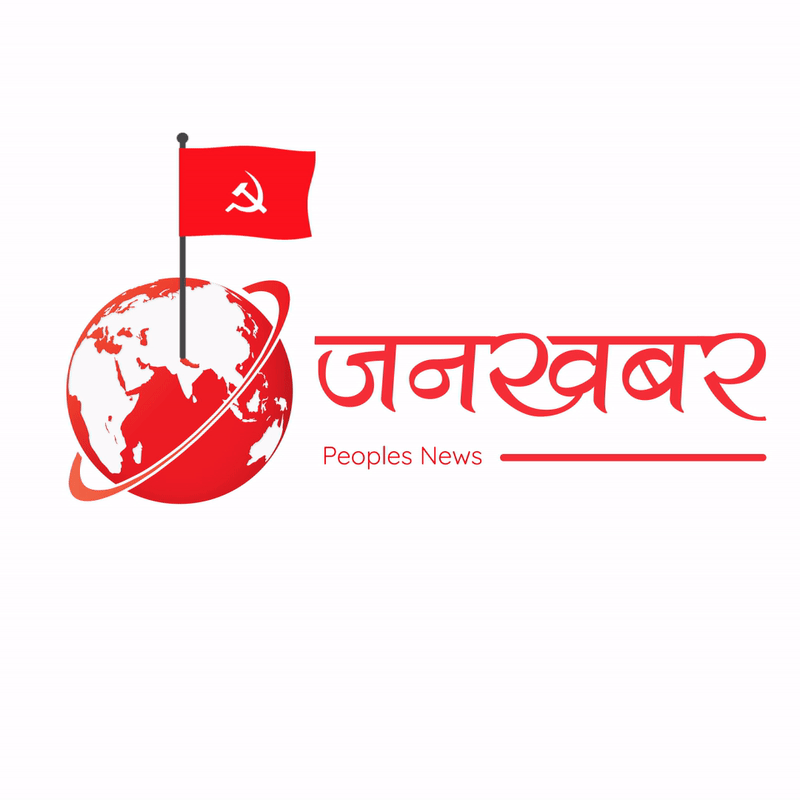राजधानीको पेप्सीकोलामा शुक्रबार राति ९ बजे गोली चलेको छ, गोली लागेर खोटाङकी रमा भट्टराई घाइते भएकी छन्
ताजा खबर
- भीषण आगलागीका कारण क्यानडाको ऐतिहासिक सहर ज्यास्पर आधा ध्वस्त
- विपद्जन्य घटनावाट एक सय ३९ जनाको मृत्यु
- भारत र श्रीलंका एसीसी वुमन्स एसिया कपको फाइनलमा प्रवेश
- आइतबार काठमाडौं उपत्यकाकाका स्थानीय तहमा सार्वजनिक बिदा
- २३३ करोड मानिस नियमित खानाका लागि संघर्षरत
- समाजवादी मञ्च समाजवाद निर्माणको महत्त्वपूर्ण आधार
- वर्तमान राजनीतिक संकटको अग्रगामी निकास नेपाली विशेषताको समाजवाद
- अवैधरूपमा कल बाइपास गर्ने पक्राउ
- आर्थिक वर्ष २०८१/८२ को मौद्रिक नीति सार्वजनिक
- नेपाल संयुक्त राष्ट्र संघको आर्थिक तथा सामाजिक परिषद्को उपाध्यक्षमा निर्वाचित
शनिबार १२ श्रावण २०८१






